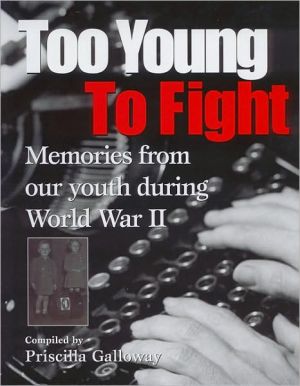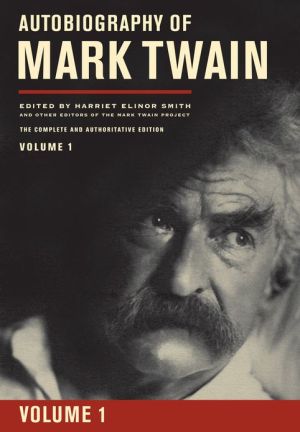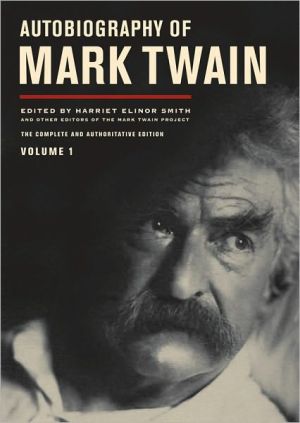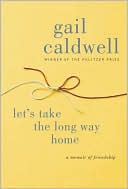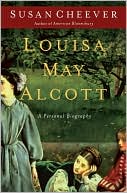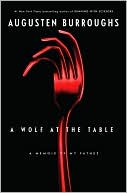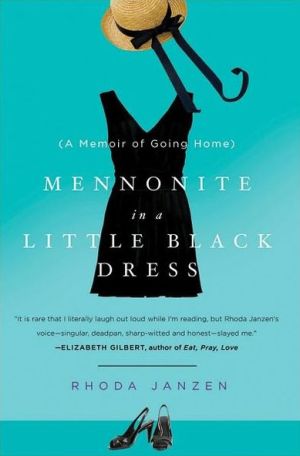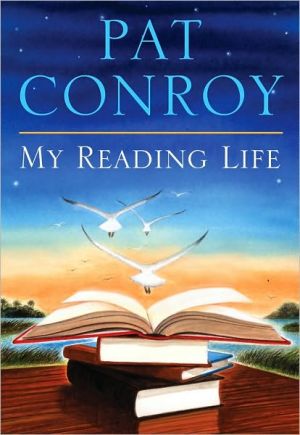Too Young to Fight: Memories from Our Youth During World War II
2000 Bologna Ragazzi Non-Fiction for Young Adults Award\ Shortlisted, 2000 British Columbia Round Table Information Book Award\ 1999 Teacher Liberian Magazine, Best of the Best issue\ Shortlisted, 2001 Rocky Mountain Award\ Too Young To Fight is a book of recollections from some of this country's best-loved writers of children's literature. The contributors were children and teenagers during World War II. Though they were far from the fighting and, indeed, too young to participate, they were...
Search in google:
2000 Bologna Ragazzi Non-Fiction for Young Adults AwardShortlisted, 2000 British Columbia Round Table Information Book Award1999 Teacher Liberian Magazine, Best of the Best issueShortlisted, 2001 Rocky Mountain AwardToo Young To Fight is a book of recollections from some of this country's best-loved writers of children's literature. The contributors were children and teenagers during World War II. Though they were far from the fighting and, indeed, too young to participate, they were old enough to remember their impressions and feelings. As they grew up in a tumultuous era, some seemed miraculously untouched while others were profoundly affected. All experienced changes in their lives that shaped the adults they became.For anyone who did not experience it, this book provides fascinating insight and a tangible link to a formative period in our history. For those who were young themselves at the time, the collection will stir memories and stories long-forgotten. It is our hope that those memories will be shared by people of all ages, and preserved for generations to come.Contributors include: Roch Carrier, Christopher Chapman, Brian Doyle, Priscilla Galloway,Dorothy Joan Harris, Monica Hughes, Joy Kogawa with Timothy Nakayama, Jean Little, Janet Lunn, Claire Mackay, and Budge Wilson. Publishers Weekly Galloway (Snake Dreamer) and 11 other Canadians, most of them authors of children's books, share their recollections of growing up during WWII. Taken together, the pieces evoke the leisurely feeling of stories shared around the family dinner table. The most memorable moments come through in the details: Janet Lunn discusses her desire to hide her grandparents' German names; Dorothy Joan Harris describes the rising tensions in the late 1930s in Japan, where her father was an English professor, that finally drove the family to Canada, as well as her inability to reconcile the stories of "ferocious" Japanese soldiers with the kindness she had known there; Jean Little writes of the "War Guests," British children sent to Canada to keep safe during wartime. In one of the book's most poignant passages, filmmaker Christopher Chapman quotes from a letter from his brother overseas, which the family received several days after learning of his death. Other standouts include a lyrical entry by Joy Kogawa and Timothy Nakayama, Japanese-Canadian siblings who were forced to leave their home and relocate to a "spindly old ghost town," and Brian Doyle's stream-of-consciousness chronicle of the day following Japan's surrender, which is at once humorous and haunting. An intimate glimpse of the ways in which the war affected home life even on peaceful shores. Ages 12-up. (Apr.) Copyright 2000 Cahners Business Information.\|
\ Publishers Weekly - Publisher's Weekly\ Galloway (Snake Dreamer) and 11 other Canadians, most of them authors of children's books, share their recollections of growing up during WWII. Taken together, the pieces evoke the leisurely feeling of stories shared around the family dinner table. The most memorable moments come through in the details: Janet Lunn discusses her desire to hide her grandparents' German names; Dorothy Joan Harris describes the rising tensions in the late 1930s in Japan, where her father was an English professor, that finally drove the family to Canada, as well as her inability to reconcile the stories of "ferocious" Japanese soldiers with the kindness she had known there; Jean Little writes of the "War Guests," British children sent to Canada to keep safe during wartime. In one of the book's most poignant passages, filmmaker Christopher Chapman quotes from a letter from his brother overseas, which the family received several days after learning of his death. Other standouts include a lyrical entry by Joy Kogawa and Timothy Nakayama, Japanese-Canadian siblings who were forced to leave their home and relocate to a "spindly old ghost town," and Brian Doyle's stream-of-consciousness chronicle of the day following Japan's surrender, which is at once humorous and haunting. An intimate glimpse of the ways in which the war affected home life even on peaceful shores. Ages 12-up. (Apr.) Copyright 2000 Cahners Business Information.\|\ \ \ \ \ Children's Literature - Children's Literature\ World War II ended fifty-five years ago, yet its impact upon those who survived it is significant. This compilation of essays tells the story of eleven Canadian children's authors and their memories of life during the Second World War. While the Canadian people were spared the direct and dire consequences of having war fought upon their soil thousands of them did serve in the military. For the contributors to this touching work that translated into fathers away from home, uncertainty, relocation, adjustment, and fear. Each of these eleven tales evokes a somewhat different feeling. For example, the life of Joy Kogawa and Timothy Nakayama were significantly sculpted by their forced relocation to resettlement camps established to house Canadian citizens of Japanese descent. Roch Carrier's most pressing memory of the war was the dropping of the atomic bombs on Hiroshima and Nagasaki. For him as a child these terrible new weapons of mass destruction caused him to wonder if the world was coming to an end. Another writer, Jean Little, looked back at those times and pondered, "Real war wounds maim you for life. Fear haunts the dreams of children caught in war when they become grandparents." As these eleven writers describe in superb detail, those who live in even the "safest" of places during military conflict suffer pain and injury. The creators of this book experienced the death of fathers, brothers, and friends, and their lives were touched by the fire of war in a way that shaped their adulthood. These personal histories are an excellent resource for modern readers searching either for information about World War II or the effects of war upon the human spirit. 1999, Stoddart, Ages 12 up,$22.95. Reviewer: Greg M. Romaneck —Children's Literature\ \ \ School Library JournalGr 8 Up-Eleven Canadian writers provide slice-of-life recollections from the home front. Monica Hughes and Jean Little highlight family dynamics, school life, and the stresses on each of their families as a result of the country's military participation in the war. Brian Doyle's remarkable piece offers a vivid description of three events that happened on the same day-a street celebration marking the end of the war, the news of the death of a soldier he knew, and the birth of his baby brother. Although the memoirs are informative and evocative, many represent a narrow cross-section of middle-class and well-to-do families. Black-and-white photos and reproductions accompany the text. This book will be of particular interest to public libraries in Canada, in American communities near the Canadian border, and to larger libraries in both countries.-Jack Forman, Mesa College Library, San Diego Copyright 2000 Cahners Business Information.\|\ \
